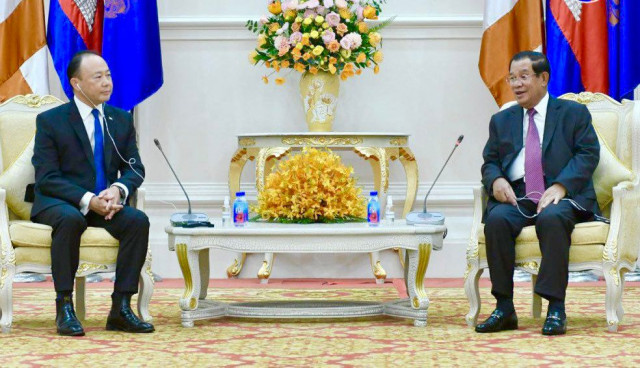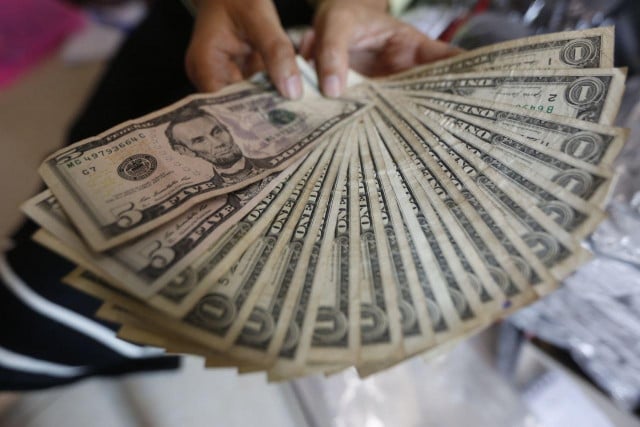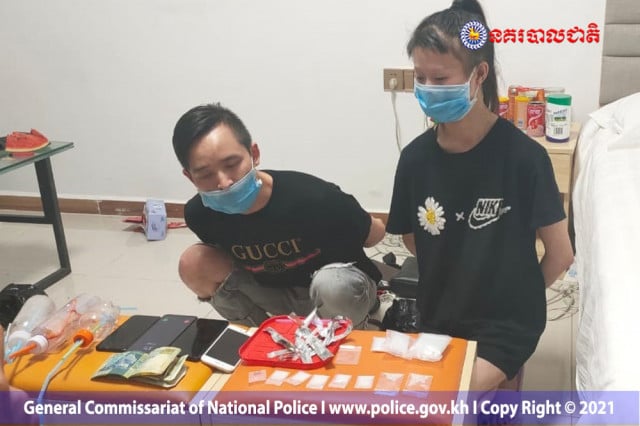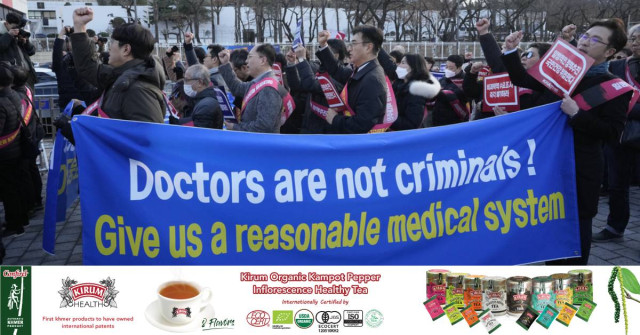Cambodia-Australia: A Strategic Partnership for 70 years

- By Cambodianess
- July 16, 2022 10:14 PM
Diplomatic ties between Cambodia and Australia were established in 1952 and can be traced back to the signing of the Colombo Plan, an initiative of the Australian government to deepen relations between Australia and the Indo-Pacific region.
In 1955, the first Australian legation was established in the Cambodian capital Phnom Penh, opening the window for new cooperation between the countries.
Whilst the partnership widened, the political conflict and intra-state war in Cambodia in the 1970s prevented the country from expanding its cooperation with many partners, including Australia. However, in the aftermath of the Khmer Rouge in 1979, Australian interests in Cambodia increased progressively, as evident from the Australian government’s active and substantial role in seeking a resolution to Cambodia’s conflict and assisting Cambodia on its path to reconstruction.
History of Cambodia-Australia Relations
Within the past 70 years, it can be affirmed that ties between the countries are between “good neighbours” and “great cooperative partners”.
From playing a significant role in promoting dialogue to resolve the crisis in Cambodia to having Australian former foreign minister Gareth Evans propose the United Nations to be directly involved in the civil administration of Cambodia during the transitional period, it reflected that the shared ethos of building Cambodia’s capacity for stability and peace heightened the mutual relationship between the countries.
In establishing the United Nations Transitional Authority in Cambodia (UNTAC), Australia deployed more than 500 personnel, a few senior officials and six helicopters to support and strengthen UNTAC.
Cambodia and Australia have long-standing broad-based and multi-sectoral relations, covering a wide range of areas, including trade and investment, defence and security, education and public health.
For example, Australia contributed more than $44 million to the Extraordinary Chambers in the Courts of Cambodia to investigate and prosecute Khmer Rouge officials responsible for atrocities between 1975 and 1979.
Additionally, the New Colombo Plan strengthens people-to-people ties between both nations, with more than 17,00 students pursuing education in Australia since 2002.
Amid the outbreak of the COVID-19 pandemic, Australia has provided Cambodia with more than $35.7 million to combat the disease and bolster vaccinations.
Into the 70th Anniversary: A Celebration of Milestone
The 70th anniversary of Cambodia-Australia relations in 2022 is marked by celebratory events hosted by the Australian Embassy in Phnom Penh and a series of high-level bilateral visits.
Earlier this year, the two countries celebrated the 70th anniversary of diplomatic ties, joined by Deputy Prime Minister, Minister of Foreign Affairs Prak Sokhonn and other senior government officials. Providing continuous support for Cambodia’s peace and development, the Australian Embassy recently organised an exhibition to mark the 30th anniversary of the commencement of the UNTAC.
Lieutenant General John Sanderson, a retired senior Australian Army officer and former Force Commander of the UNTAC, paid a 10-day visit to Phnom Penh. The visit of the well-respected Lieutenant General exhibited an enduring friendship that Cambodia and Australia have had over the past 70 years and served as an occasion to reflect on the long history of cooperation and discuss the international developments and prospects for Cambodia’s future.
Building upon an affirmation of support for ASEAN and its centrality in the Indo-Pacific, Australia also supports Cambodia’s priorities in the year of this ASEAN’s chairmanship. The country has supported the Cambodian Ministry of Women’s Affairs in organising the ASEAN Women Leaders’ Summit 2022 and its commitment to further cooperation on women's empowerment and combatting gender-based violence and human trafficking.
In addition, having been ASEAN’s oldest dialogue partner, combined with the commitment to strengthen cooperation, Australia signed a Comprehensive Strategic Partnership (CSP) with ASEAN in October 2021. The proposal to upgrade its relations with ASEAN to CSP is part of Australia’s active diplomacy in multilateralism and regionalism aspects, highlighting the strong support towards ASEAN centrality and the ASEAN Outlook on the Indo-Pacific. Within this framework, member states, including Cambodia, get to pursue opportunities to deepen the existing relationship, including under the Mekong-Australia Partnership, in climate change response and mitigation, water and energy security, and SME development and linkages. Such steps reflect the strength of the relationship and commitment to advance cooperation into a more meaningful, substantive and mutually beneficial one.
The Road Ahead
The proud record of strategic partnership in the past seven decades indicates that the friendship between the countries has remarkably broadened and deepened, owning to the commitment to fostering the ties, guided by the principles of mutual trust and respect.
Cambodia and Australia can continue to enhance economic cooperation by increasing trade and investments between the two countries, especially in the agricultural and agro-industrial sectors.
As Southeast Asia’s geopolitical and security landscape enters a period of heightened contests, the shared interests and values between the two countries should provide a sense of unity and collaboration to help Cambodia maintain maximum independence in the face of a rising superpower influence.
The commitment to cooperate in the context of mutual respect and fundamental people-to-people connections will fortify Cambodia's engagement with Australia on bilateral and multilateral forums in the years to come and guide this genuine friendship in this new era of partnership and constructive engagement.
This article is written by KIANG Vengkheang and OUNG Sivven, students from the Department of International Studies of the Institute of Foreign Languages, Royal University of Phnom Penh.















